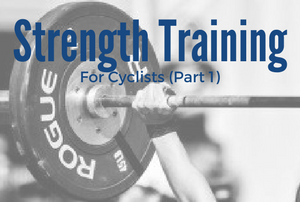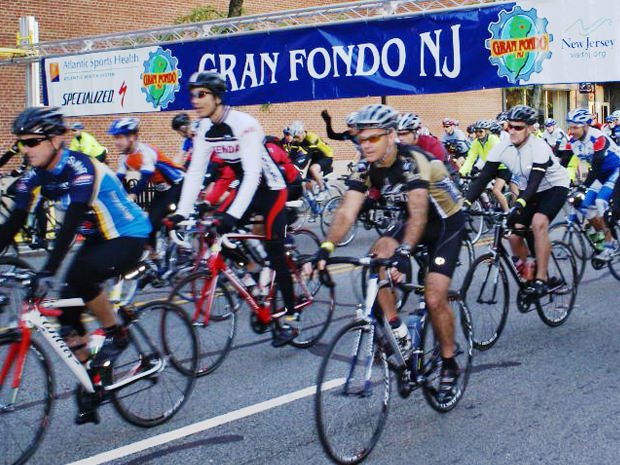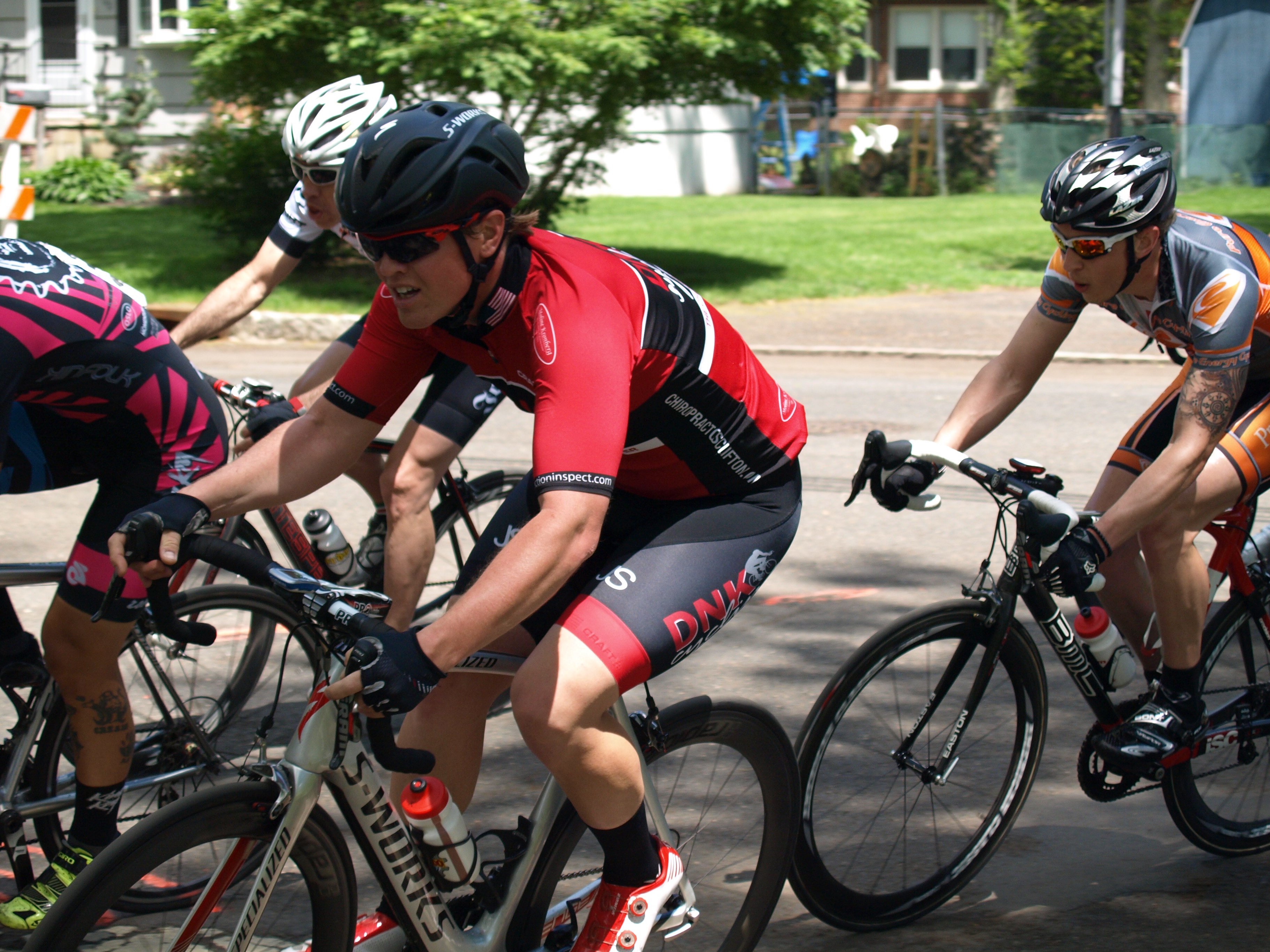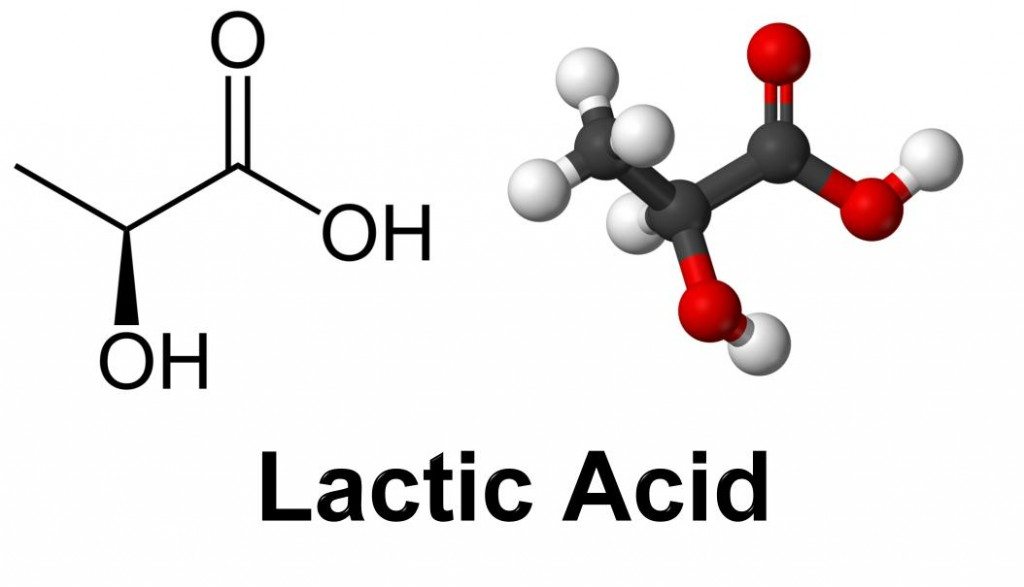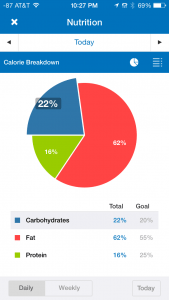Strength Training For Cyclists – Part 1: Podcast #42
Want to be a stronger cyclist without touching your bike? Did you ever wish there was a way to build cycling prowess without sitting on the trainer for hours on end during the dark and cold winter? Do you dream of a lean, muscular physique like the sport’s top rouleurs? Well, there’s definitely a way to go about making that happen, if you’re willing to put aside some bias and start hitting the gym (or the home gym if you’re motivated enough.)
For years, many coaches thrashed the idea of strength training for cyclists. But those attitudes are (thankfully) on the way out. Frankly, a coach who doesn’t believe in strength training is either not well versed in physiology or is just not interested in developing weight based workouts for his/her athletes. In fact the recent success of numerous former track athletes in the professional road race ranks should have people clamoring for some weight lifting (most trackies are avid weight trainers during the off season.) Think of guys like Brad Wiggins, Michael Morkov, Jack Bobridge and Geraint Thomas if you want a few examples of trackies who took to the road successfully. So what’s your reason for not hitting the weight room?
With that in mind, today’s podcast will discuss some of the components of strength training and exercise adaptation. I’ll discuss the physiology of how your body adapts to exercise, so check out the show notes after the jump and follow along with the podcast.

